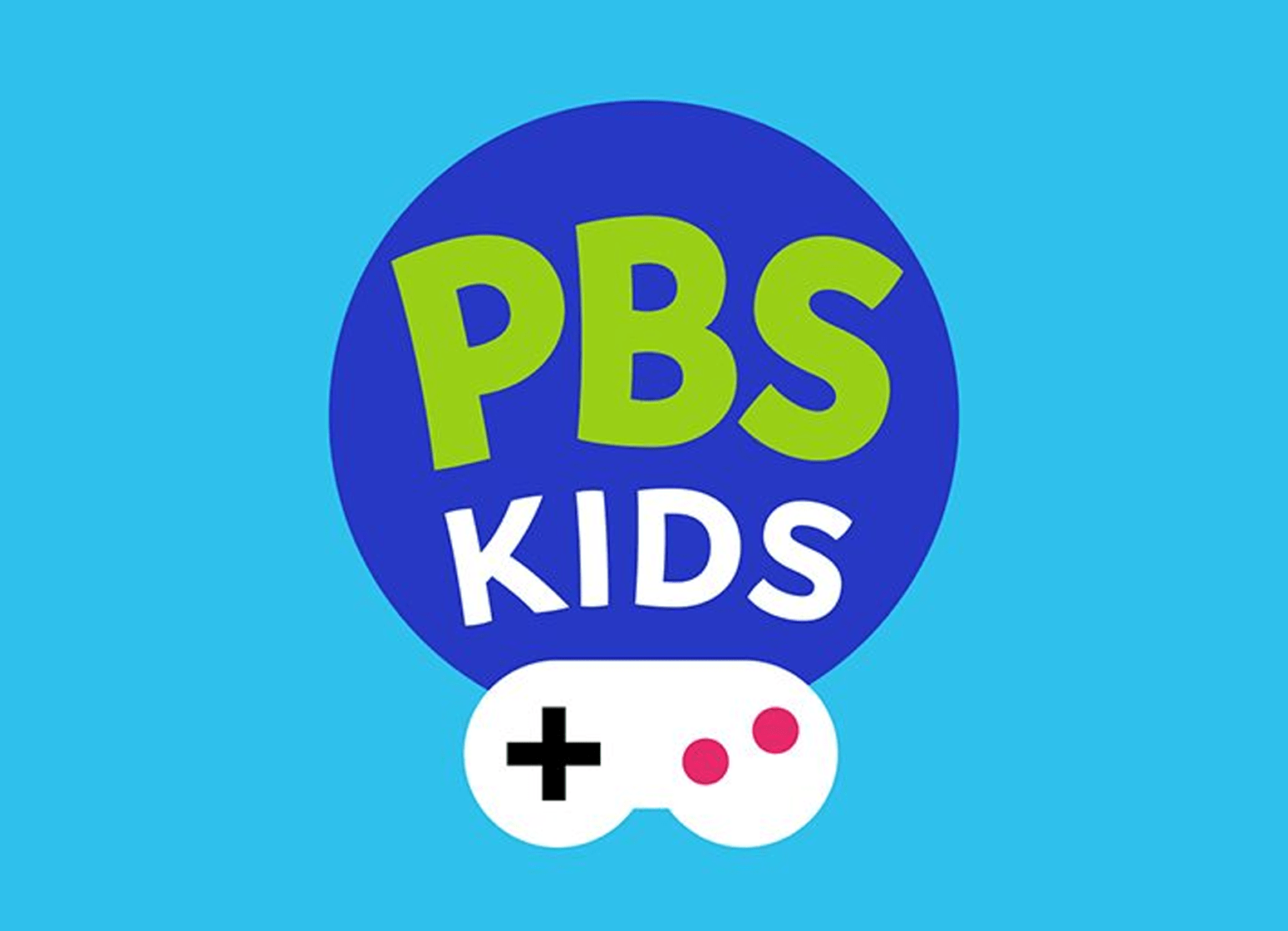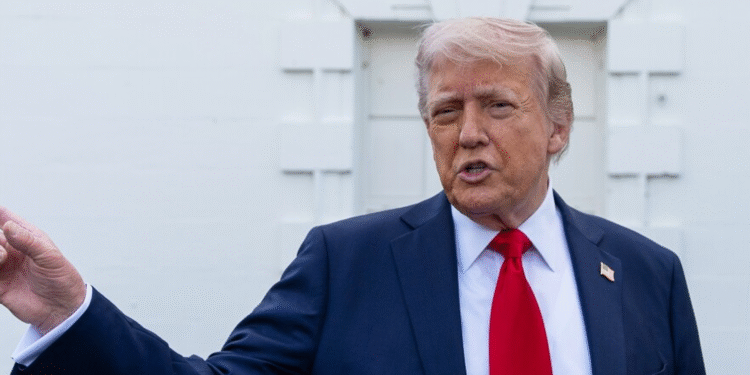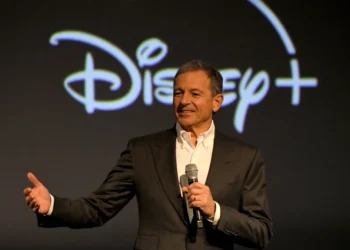“Trump Administration Shuts Down PBS Kids’ Key Education Grants—What This Means for Our Kids’ Future”
In a move that has sparked outrage across the nation, the Trump administration has pulled the plug on the Ready To Learn grant, a crucial funding source for educational programming on PBS Kids. This decision, announced by the Department of Education, marks a significant shift in the country’s commitment to public broadcasting and the educational needs of children—especially in diverse communities. The grant, which has been instrumental in creating beloved animated series like Molly of Denali and Alma’s Way, has long been lauded for its positive impact on early childhood education. Now, as funding disappears, the future of these impactful programs hangs in the balance.

The Loss of a Lifeline for Educational Content
For over 30 years, PBS Kids has relied on the Ready To Learn grant to produce high-quality, educational animated content for children. These programs were designed to equip young viewers with essential skills and knowledge while also promoting empathy, cultural understanding, and diversity. From teaching basic math concepts to fostering a love of reading, PBS Kids has become a cornerstone of early childhood learning for millions of families.
However, this grant’s cancellation by the Trump administration, set to cut off funding for PBS and 44 public stations from 2020 to 2025, could significantly affect the network’s ability to continue producing these crucial educational resources. In a statement, PBS Kids General Manager Sara DeWitt made it clear that this abrupt decision would have “an immediate and profound impact” on the quality of educational content available to children across the country.
A Political Tug-of-War
According to the Department of Education, the cancellation is due to a difference in priorities. Madi Biederman, a DOE communications officer, claimed that the programs funded by Ready To Learn “were funding racial justice educational programming for 5-8-year-old children,” and that such initiatives “are not aligned with the Administration priorities.” Essentially, the administration has expressed concern over programs that focus on diversity, equity, and inclusion (DEI), suggesting that they promote “divisive ideologies” rather than “meaningful learning.”
This has raised alarms, particularly for families and educators who have seen firsthand the positive effects of shows like Molly of Denali, which centers on Alaska Native characters, and Lyla in the Loop, which introduces young viewers to computational thinking with an African American protagonist. These shows, along with others funded by Ready To Learn, have received accolades for their portrayal of underrepresented communities, ensuring that children from diverse backgrounds see themselves reflected in the media they consume.
The Ripple Effect of Funding Cuts
The Ready To Learn program wasn’t just about entertainment—it was about fostering an educational environment that reaches every corner of the U.S. Its funding supported shows that tackle everything from science and math to social-emotional learning and conflict resolution, all while celebrating different cultures. Other PBS Kids favorites, including Elinor Wonders Why, Peg + Cat, and Ready Jet Go!, have all been beneficiaries of this funding, which was designed to ensure that no child is left behind in the rapidly changing educational landscape.
The timing of the grant’s cancellation is especially troubling, considering that the grant’s funds were originally intended to allocate $105 million for educational content. With this support pulled, PBS Kids will now need to find alternative ways to finance their educational initiatives, which could mean a shift toward less inclusive and diverse programming.
Fighting for the Future
Despite the setback, the CPB and PBS are not backing down. Patricia Harrison, President & CEO of the Corporation for Public Broadcasting, vowed to continue working with Congress and the Administration to preserve funding for this critical program. “Nearly every parent has raised their kids on public broadcasting’s children’s content,” she remarked, underscoring the program’s long-standing value across party lines.
As the debate continues, many are left wondering how future generations will be affected. Will children miss out on the chance to see themselves reflected in stories about diverse communities? Will the educational value of these programs be compromised in favor of political agendas?
Looking Ahead: A Call to Action
For now, PBS Kids and its dedicated staff are holding their ground. And so are parents, educators, and supporters who believe that children’s programming should be about fostering curiosity, understanding, and inclusion—qualities that will serve young learners far better than partisan divides.
As this battle plays out, it’s clear that the fight for educational equity and diversity in children’s media is far from over. With advocates rallying behind PBS, there’s hope that the Ready To Learn program can be reinstated, ensuring that the next generation of kids has access to the same enriching content that has shaped so many lives for decades.
If there’s one thing we can be certain of, it’s that the future of children’s education on PBS is still worth fighting for.










